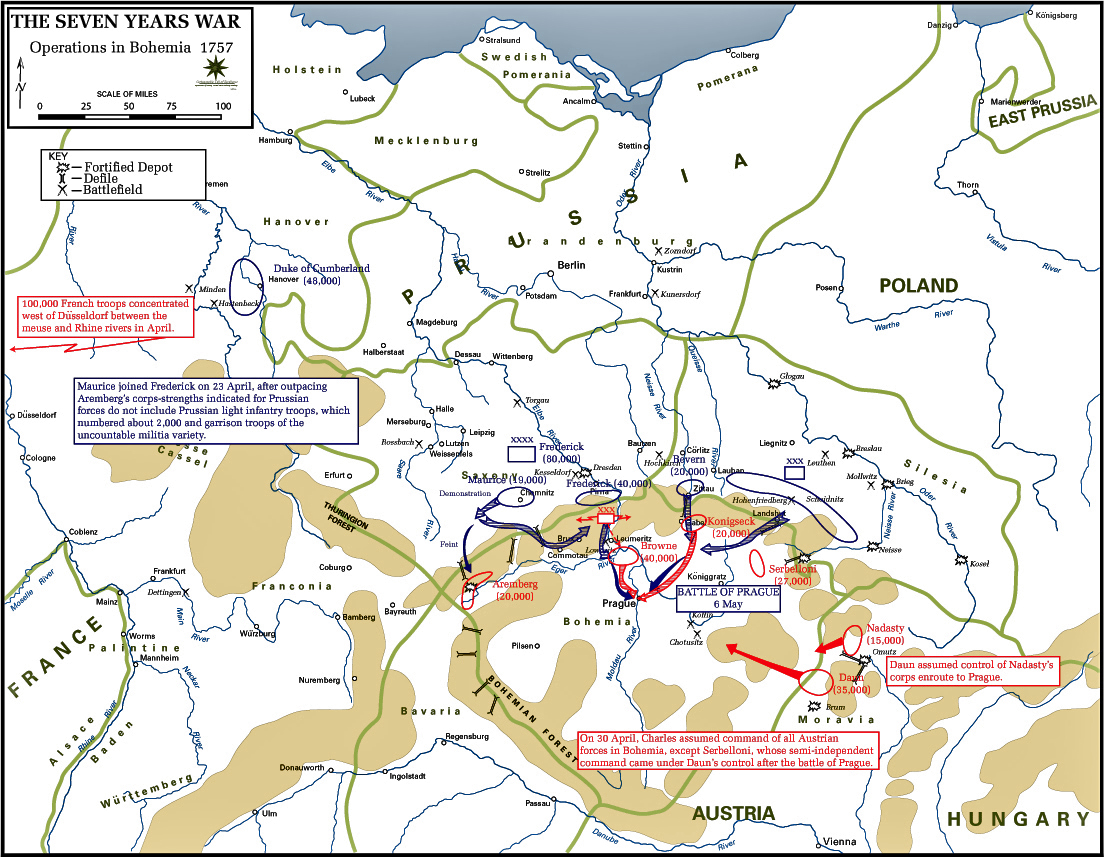

While Britain and France fought for global power, Prussia fought to defend territorial conquests and maintain its recently gained status as a Great Power. This action began a protracted European war. Shortly thereafter, Frederick II launched a preemptive strike against Saxony, an ally of Austria, to defend Prussia against the possible threat of Maria Theresa of Austria and Elizabeth I of Russia. In 1756, the Diplomatic Revolution resulted in an Anglo-Prussian alliance against an Austro-Franco-Russian alliance. Historians say that the Seven Years War was a continuation of the War of the Austrian Succession (1740-1748). In the study under review, the author explores the Seven Years War from Frederick II of Prussia’s invasion of Saxony in August 1756 to the Peace of Hubertusburg in February 1763. Professor Szabo is known for his Kaunitz and Enlightened Absolutism, 1753-1780 (1994). Szabo, Professor of Austrian and Habsburg History at the University of Alberta in Edmonton, Canada, provides an outstanding study focused on the Seven Years War in Europe, leaving aside the Anglo-French naval and colonial aspects of the conflict. The Seven Years War in Europe, 1756-1763. "Both scholars and students will be most grateful to Szabo for having provided them with a compact and well-written summary of the present state of knowledge.Franz A.J. With balanced attention to all the major participants and to all conflict zones on the European continent, the book describes the strategies and tactics of the military leaders on all sides, analyzes the major battles of the war and illuminates the diplomatic, political and financial aspects of the conflict. Instead he argues that Prussia did not win, but merely survived the Seven Years War and did so despite and not because of the actions and decisions of its king. Professor Szabo challenges the well-established myth that the Seven Years War was won through the military skill and tenacity of the King of Prussia, often styled Frederick the Great. In this pioneering new work, based on a thorough re-reading of primary sources and new research in the Austrian State Archives, Franz Szabo presents a fascinating reassessment of the continental war.


Instead he argues that Prussia did not win, but merely survived the Seven Years War and did so despite and not because of the actions and.


 0 kommentar(er)
0 kommentar(er)
